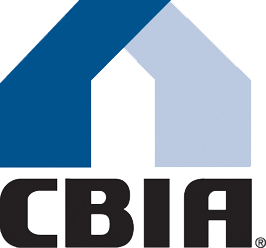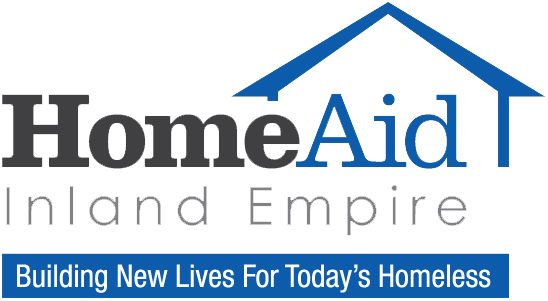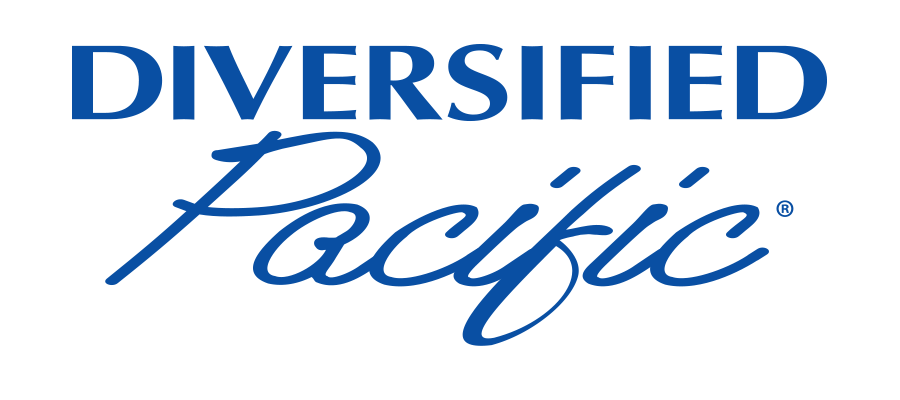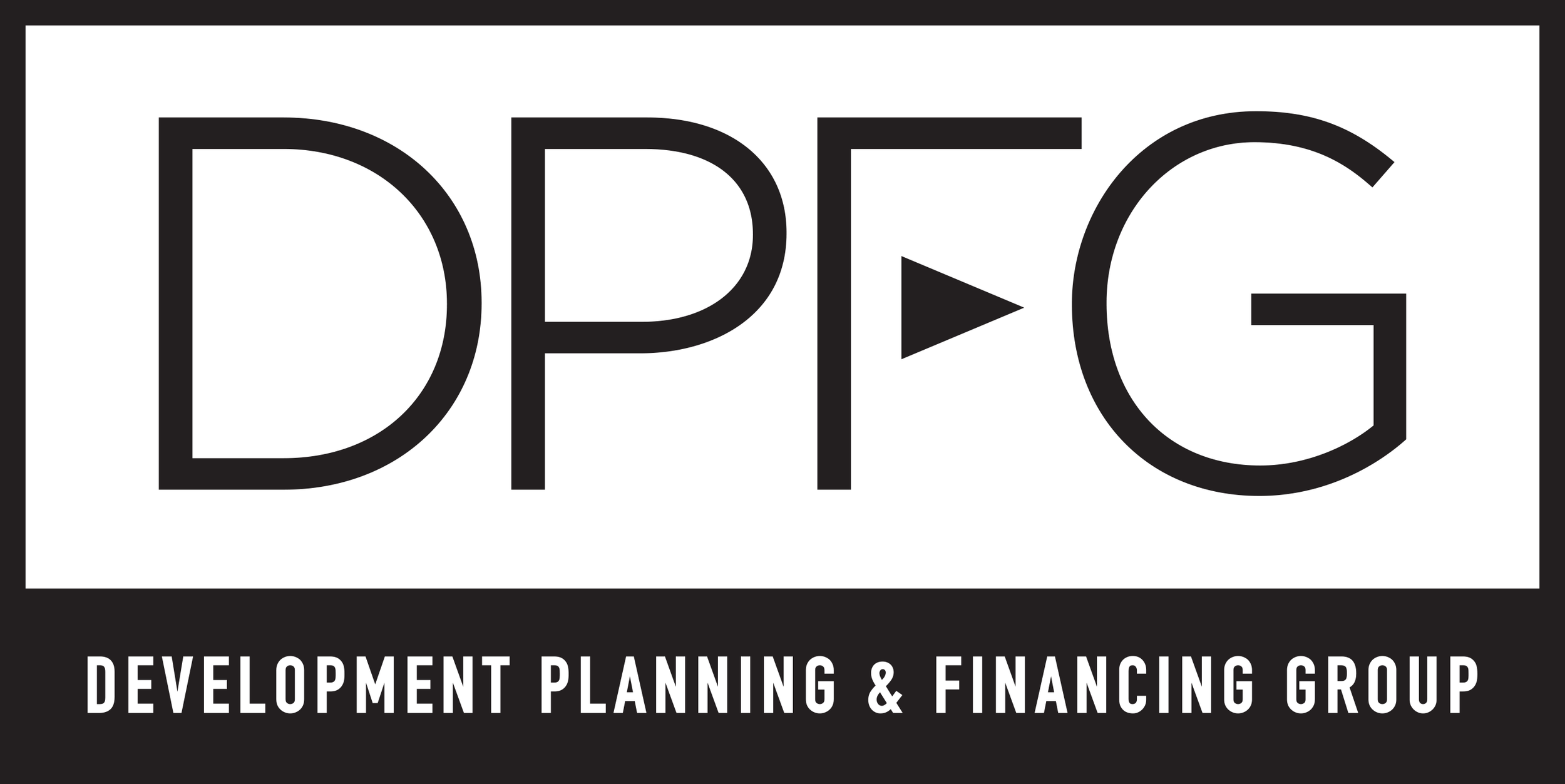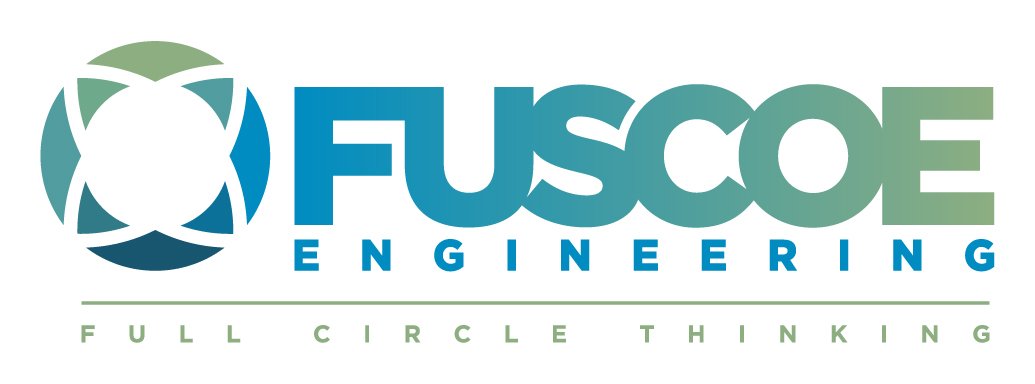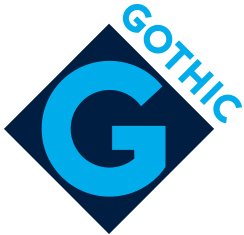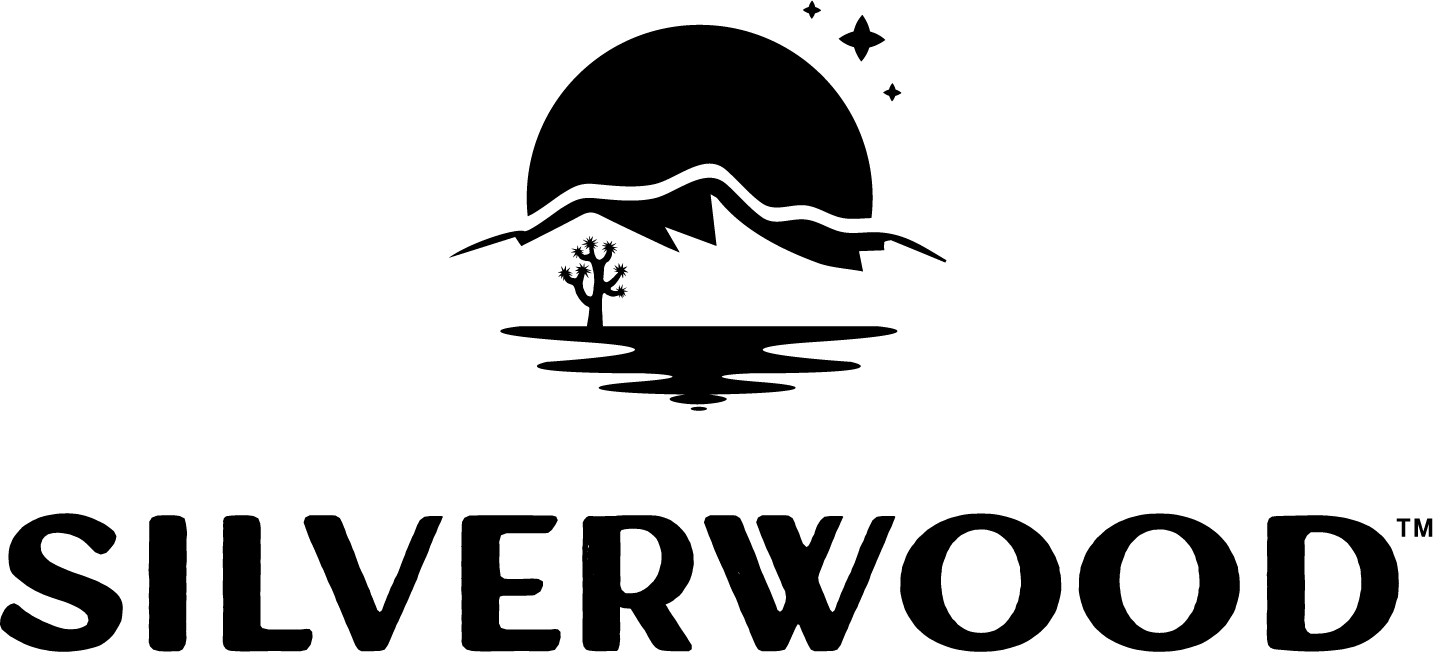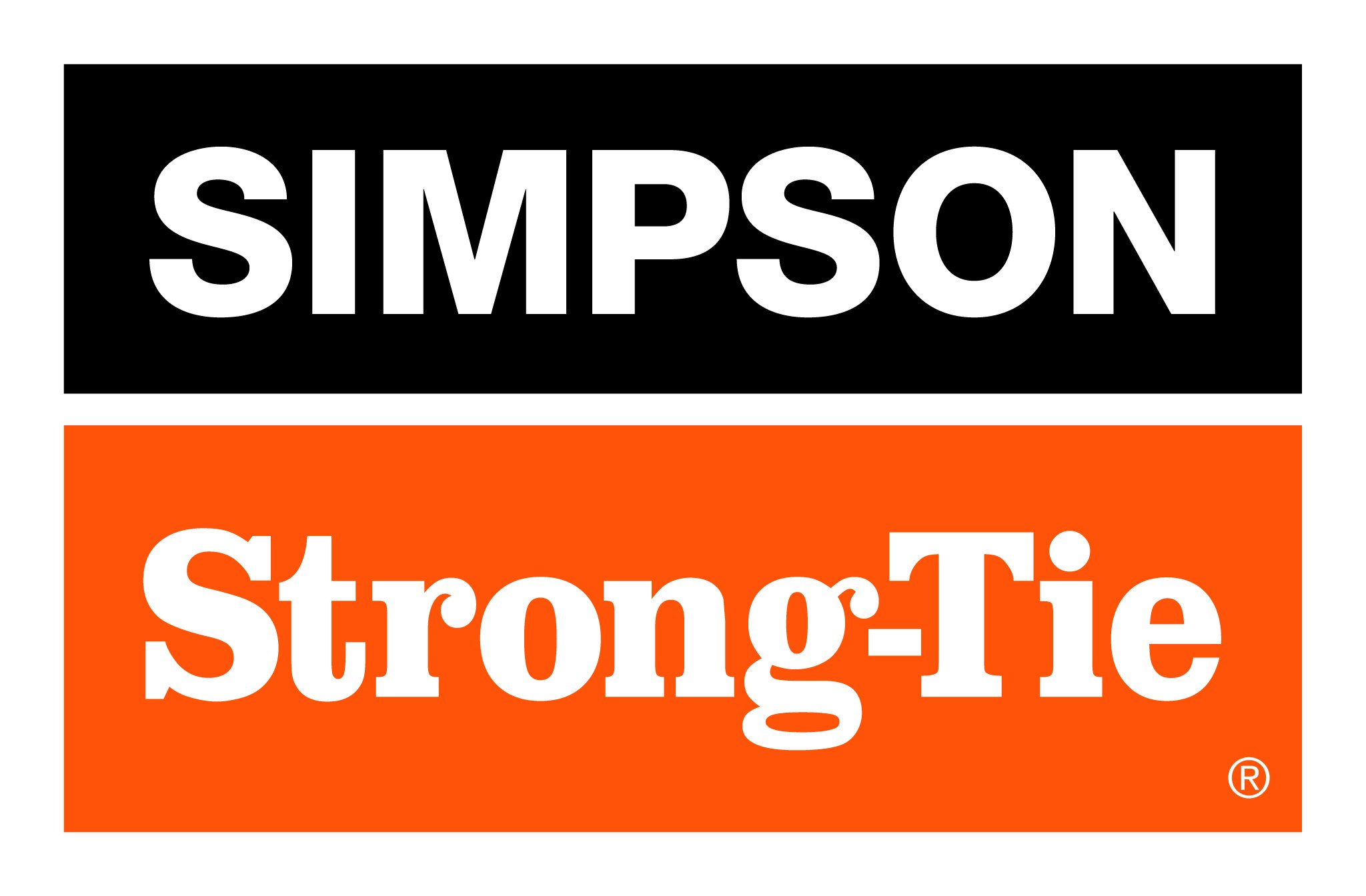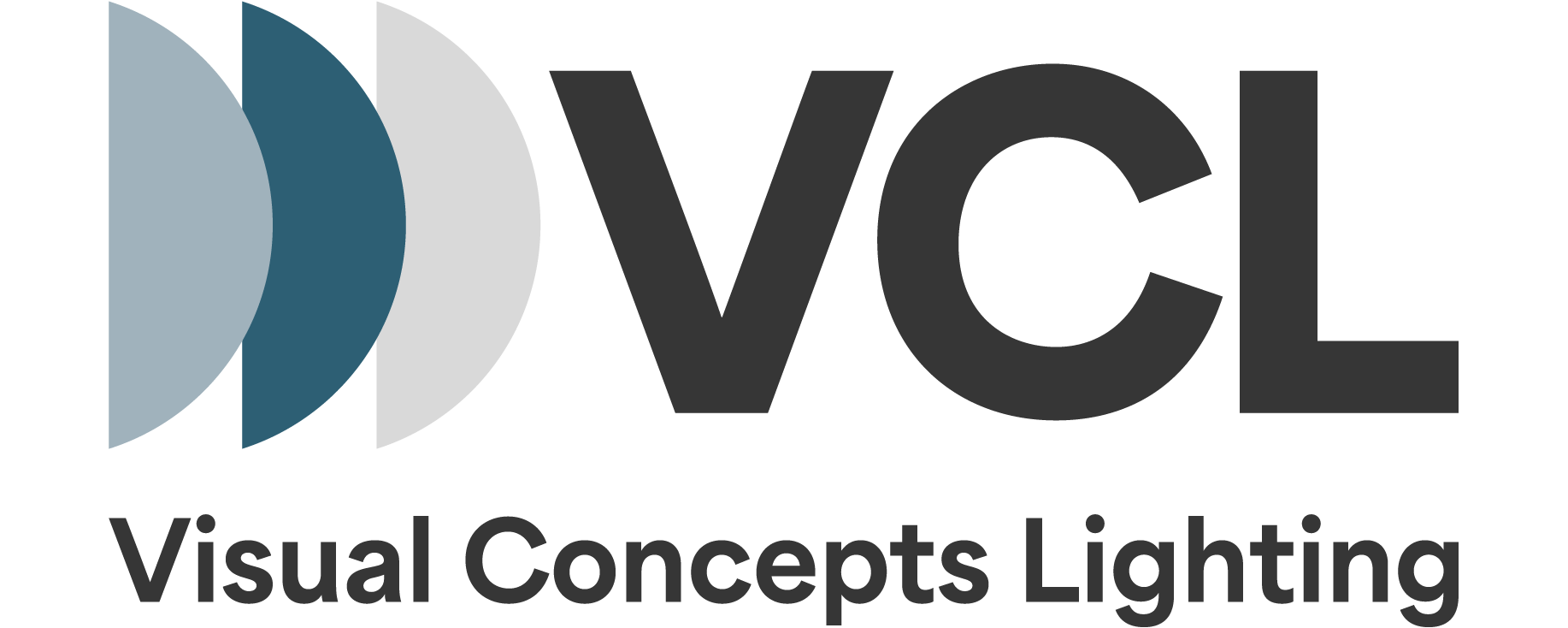By Ali Sahabi of Optimum Group, LLC
President, Building Industry Association (BIA) Baldy View Chapter
Most of the benefits of homeownership are readily apparent to homeowners and homebuyers alike. They range from the freedom and security of owning one’s own home to the many tax benefits available to homeowners. Yet other benefits available to homeowners are less talked-about but no less important - and one of the most important is the insurance coverage available only to homeowners through the homeowner’s insurance policy. Also known as residential insurance, homeowner’s insurance provides financial protection against disasters by protecting the house, the homeowner’s family and their possessions. Homeowner policies cover both damage to the owner’s property and their liability or legal responsibility for any injuries and property damage they or their family cause to other people (including damage caused by household pets).
Because homeownership policies offer so much, sometimes their importance is overlooked. However, with homeowner’s insurance, a little bit of education and planning can go a long way towards ensuring that homeowners can get the maximum amount of coverage for the lowest cost. So here are a few tips to help get the best possible policy for the best possible price to insure what will probably be the best investment most Americans will make in their lifetimes.
First of all, when determining the amount of your policy, insure your home for only what it will take to rebuild the actual structure. The land under your house isn't at risk from the perils covered in your homeowner’s policy. Save some money by only insuring what will need to be replaced.
For additional savings, ask your insurance agent or company representative what steps you can take to make your home more resistant to natural disasters. You may be able to save on your premiums by reinforcing your roof or buying stronger roofing materials. Older homes can be retrofitted to make them better able to withstand earthquakes. Consider modernizing your heating, plumbing and electrical systems to reduce the risk of fire and water damage which will save on both insurance and energy costs. Homeowners can often get discounts for adding smoke detectors, burglar alarms or deadbolt locks. Some companies offer to cut premiums if homeowners install a sophisticated sprinkler system or fire and burglar alarms that ring at the police, fire or other monitoring stations.
Carefully review the limits in your policy and the value of your possessions. Many products lose value over time, while others such as artwork, antique furniture or vintage musical instruments can increase in value. If you have any questions, don’t hesitate to ask your insurer for a list of qualified appraisers. Grandma’s piano may look like an heirloom to an untrained eye, but let an expert tell you if it is or not. When it comes to getting the best ‘bang for your buck’ on insurance, remember to insure only what needs to be insured and save the difference.
Once you are clear on how much insurance you will need, sit down with your current insurer and discuss possibly bundling any existing life or property and casualty policies you might already have. Some insurance companies will offer discounts for having multiple policies in your portfolio or special discounts for being a long-term policyholder. Then, shop around to get an idea of what else is available. Ask your friends and business associates for suggestions.
When you do select additional insurer candidates, check into quotes with higher deductibles. Deductibles are the amount of money you have to pay toward a loss before your insurance company starts to pay a claim, according to the terms of your policy. The higher your deductible, the more money you can save on your premiums.
If you’re buying an existing home, check the CLUE (Comprehensive Loss Underwriting Exchange) Report of the home you are thinking of buying. These reports contain the insurance claim history of the property and can help you judge some of the problems the house may have. They report on claims for about 30 kinds of losses, from wind damage to dog bites. Visit www.LexisNexus.com and search for C.L.U.E. Home Seller's Disclosure Report.
Keep in mind that flood insurance and earthquake damage are not covered by a standard homeowner policy. The Federal Emergency Management Agency at www.fema.gov/nfip provides useful information on flood insurance. A separate earthquake policy is available from most insurance companies and the California Earthquake Authority at www.earthquakeauthority.com on the web.
Remember, when it comes to getting the best homeowners policy you can get, there is only one rule: cut costs but don’t cut corners. Make certain you have all the coverage you need.



